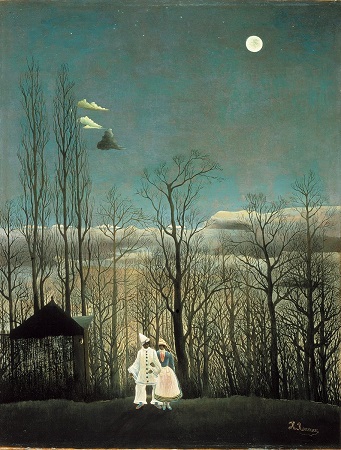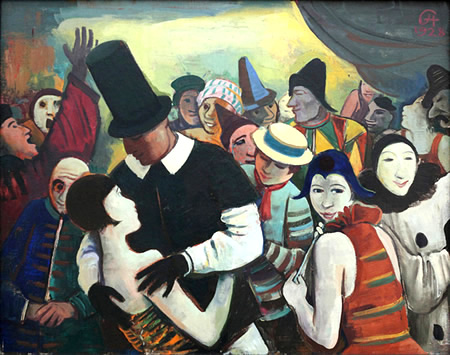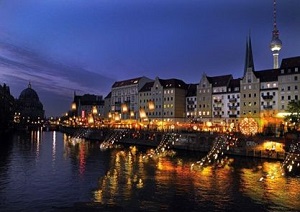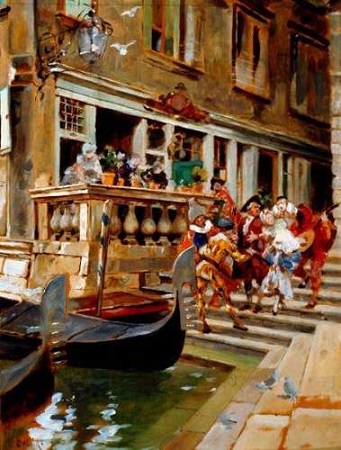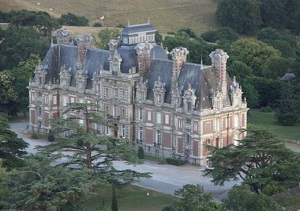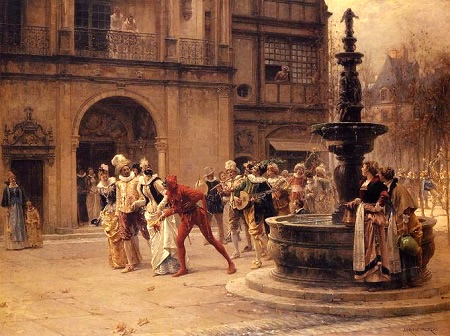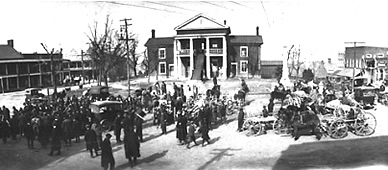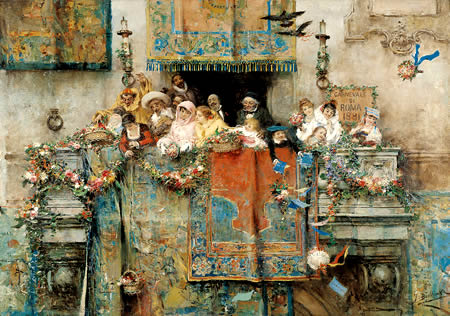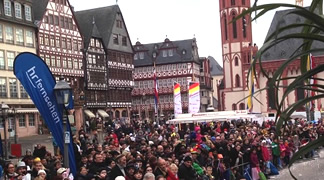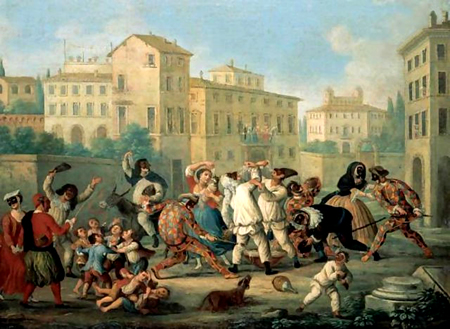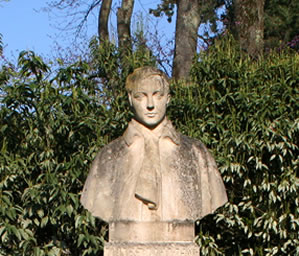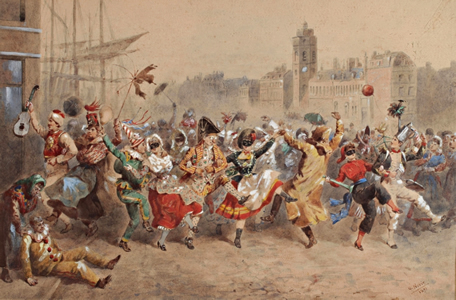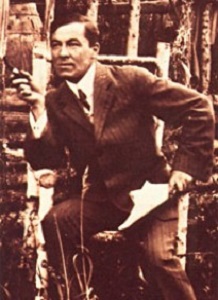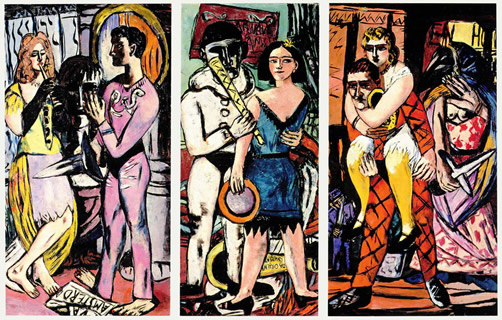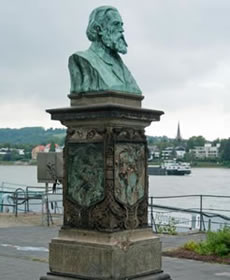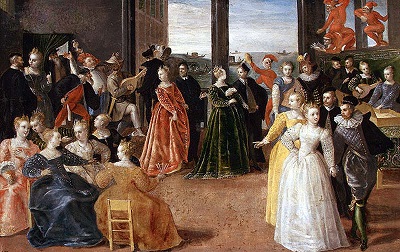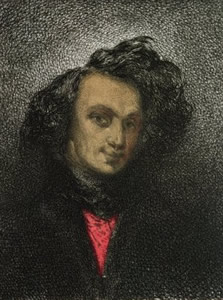Bij Carnaval
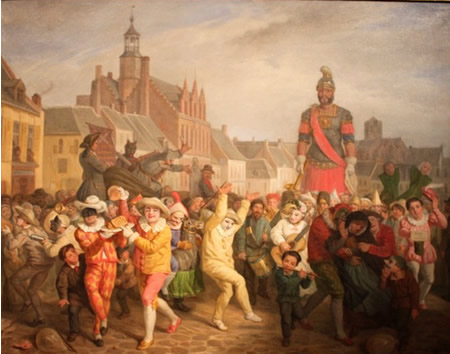
Le Carnaval de Cassel door Alexis Bafcop, 1876
Chanson pour mourir d’amour au temps de carnaval
Dimanche et
Lundi nettoyez
Paris
Dimanche pleurons que mardi je rie
Lundi domino sans poudre de riz
L’amour se perdra dans ta féerie
Mardi
Mardi gras tous les toits sont frits
Mardi
Mardi gras
Mardi
Mardi gris
Par où t’en viens-tu
Mercredi des
Cendres
Mardi
Mercredi
Mon cœur s’y perdit
Mercredi me fait un signe de croix
Mercredi menteur veux-tu que je croie
Qu’Amour est en terre et déjà tout froid
Il est mon
Seigneur et je suis sa proie
La nuit sera longue et le lit étroit
Le ciel est ouvert tout rouge à l’endroit
Par où tu t’en vas
Mercredi descendre
Mardi
Mercredi
Mon cœur s’y perdit
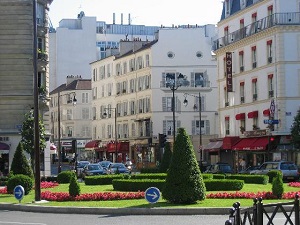
Louis Aragon (3 oktober 1897 – 24 december 1982)
Neuilly-sur-Seine, de geboorteplaats van Louis Aragon
Zie voor de schrijvers van de 28e februari ook mijn vorige blog van vandaag.

